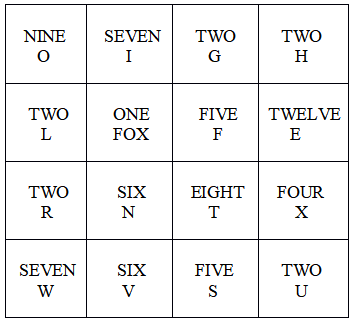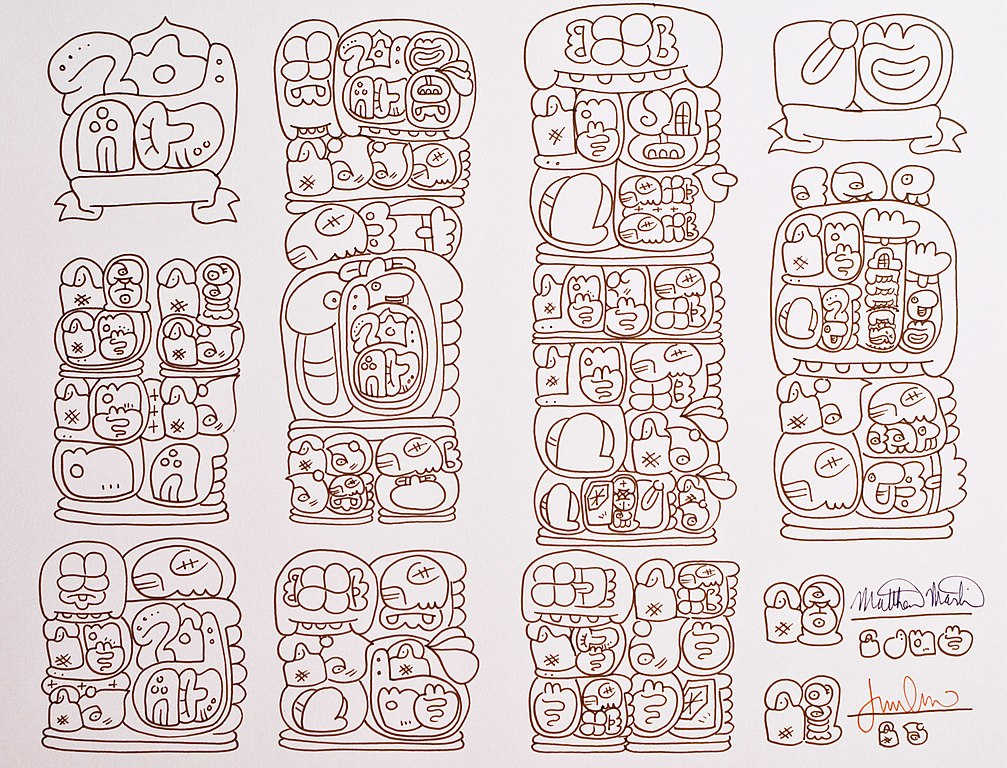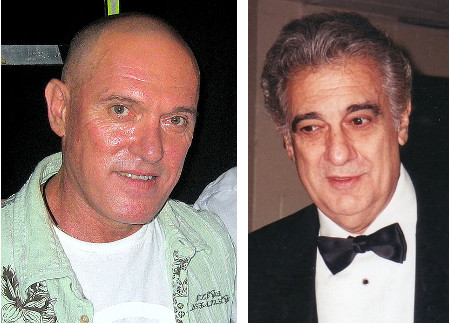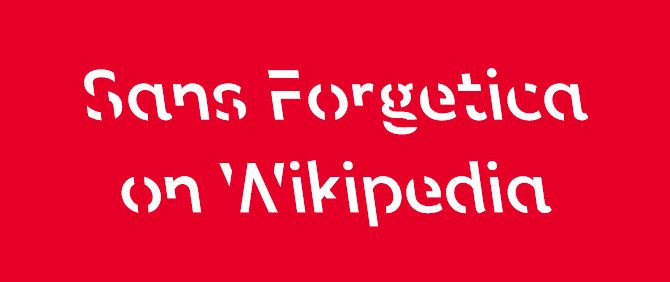From Lee Sallows, a remarkable new self-inventorying list:
ONE A, ONE B, ONE C, ONE D, TWENTYEIGHT E, SEVEN F, FIVE G, FIVE H, EIGHT I, ONE J, ONE K, ONE L, ONE M, EIGHTEEN N, EIGHTEEN O, ONE P, ONE Q, FOUR R, TWO S, TEN T, FOUR U, FIVE V, FOUR W, ONE X, TWO Y, ONE Z
“I may be wrong, but I believe it to be the most concise self-descriptive (or ‘self-enumerating’) English pangram yet discovered, with as many as 12 of its 26 letters occurring just once.”
(Thanks, Lee!)
12/18/2019 UPDATE: We’ve learned that the same self-descriptive pangram had already been found in 1998 by Gilles Esposito-Farese, in collaboration with Éric Angelini and Nicolas Graner.





